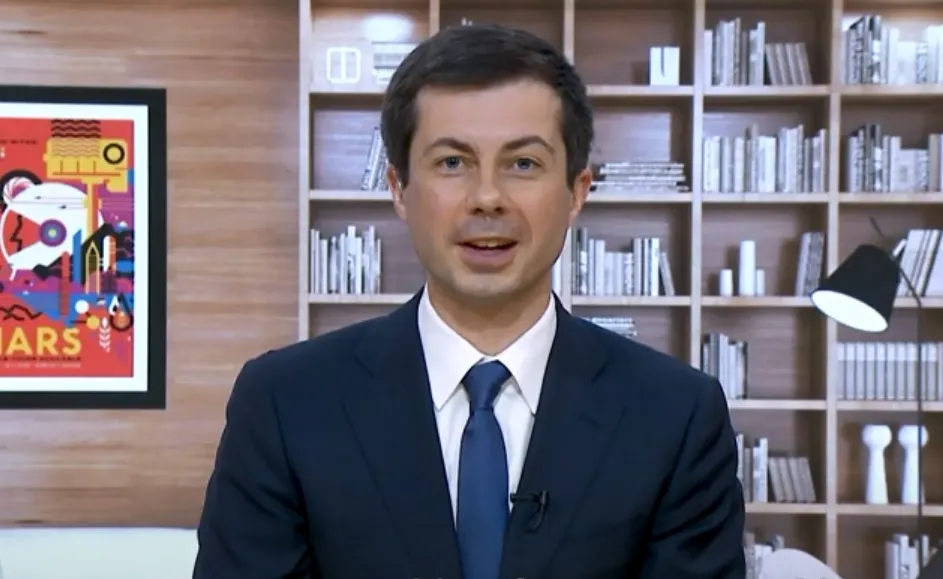
Technological advances inevitably bring change. In many ways, this is positive. The list of inventions which have improved human existence, from the wheel onwards, is long and distinguished.
The ITS industry thrives on innovation – yet it is surely possible to suggest that not all technology is good for us. Parents may often feel this when they see how long teenagers spend looking at their screens. Having said that, good luck trying to take a smartphone off a teenager.
The idea of autonomous vehicles (AVs) is attractive. We can do it, so we will do it. But are there downsides to AVs? Leaving aside the thorny issue of their integration into existing traffic, are there other considerations we should be worried about? One of the arguments which is often made for AVs is their potential contribution to road safety, removing human error.
But are there other ways in which AVs could lead to more deaths and destroy more lives than their manual counterparts? My esteemed predecessor as editor of ITS International, Colin Sowman, argues that there are. In this issue of ITS International he outlines his thinking, looking at the human cost of greater automation in the transport industry. The potential for a rise in suicides – particularly among young men – is chief among his worries.
Not everyone will agree with this assessment. But at present, it is not even a point of view which is getting much of an airing.
If he is right, does that mean we should halt development of AVs? No, absolutely not. Does it mean we should ask more questions about the societal impact of AVs? Yes, definitely.
You can make a lot of claims for AVs, but saying they are an ally in the movement towards sustainable transportation may not be one of them. At a time when there is genuine, and justified, concern about greenhouse gas emissions, does it make sense to develop products which may bring the level of vehicle occupancy down to less than one?
AVs cannot be blamed for society’s problems – after all, there are hardly any on the road yet.
But to simply sleepwalk into a promised bright new dawn without pausing to have a grown-up discussion about the possible downsides? That would suggest we’ve learned nothing.










